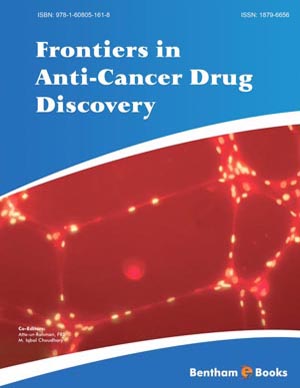Abstract
Aurora kinases (AK) are the name given to a family of Serine/threonine (Ser/Thr) protein kinases. These proteins represent a novel family of kinases crucial for cell cycle control. The cell division process is one of the hallmarks of every living organism. Within the complete cell-cycle process, mitosis constitutes one of the most critical steps. The main purpose of mitosis is to segregate sister chromatics into two daughters cells. It is a complex biologic process, and errors in this mechanism can lead to genomic instability, a condition associated with tumorigenesis. This process is tightly regulated by several proteins, some of them acting as check-points that ultimately ensure the correct temporal and spatial coordination of this critical biologic process. Among this network of mitotic regulators, AK play a critical role in cellular division by controlling chromatid segregation. Three AK family members have been identified in mammalian cells: A, B, and C. These proteins are implicated in several vital events in mitosis. In experimental models, overexpression of AK can induce spindle defects, chromosome mis-segregation, and malignant transformation. Conversely, downregulation of AK expression causes mitotic arrest and apoptosis in tumor cell lines. The expression levels of human AK are increased in certain types of cancer including breast, colon, pancreatic, ovarian, and gastric tumors. This observation has lent an interest to this family of kinases as potential drug targets for development of new anticancer therapies. This review focuses in recent progress in the role of AK in tumorogenesis and the development of new anticancer drug against AK proteins. This manuscript includes some relevant patents as well.
Keywords: Aurora kinases, mitosis, checkpoint, anticancer drug






















